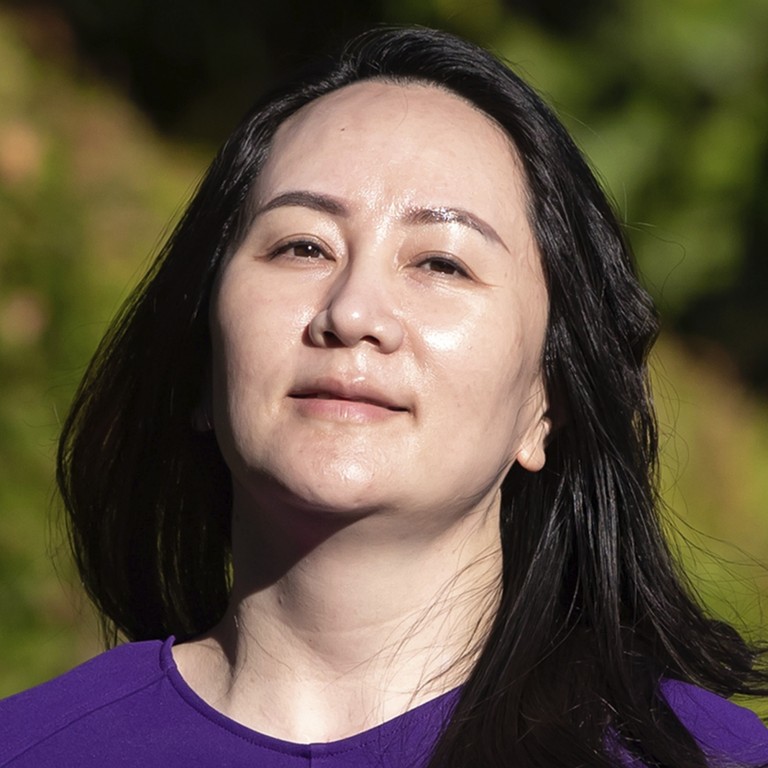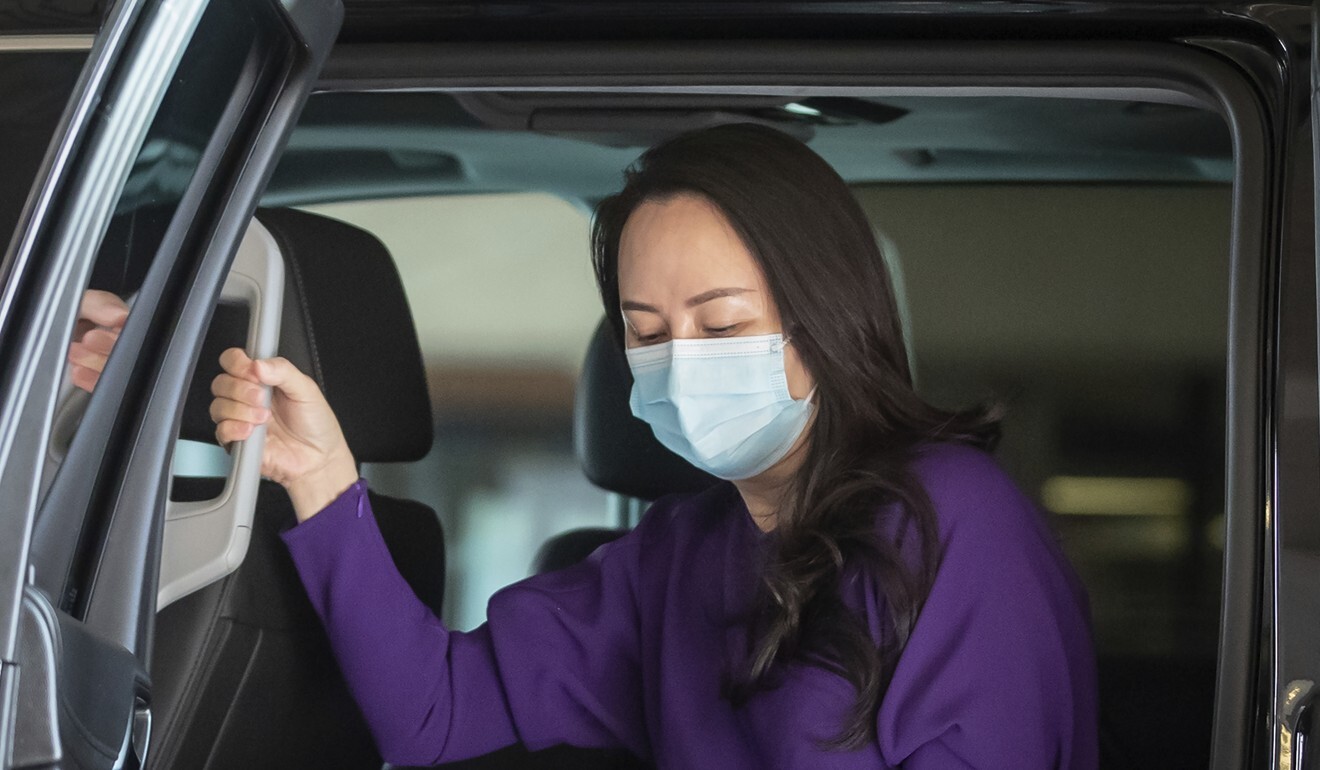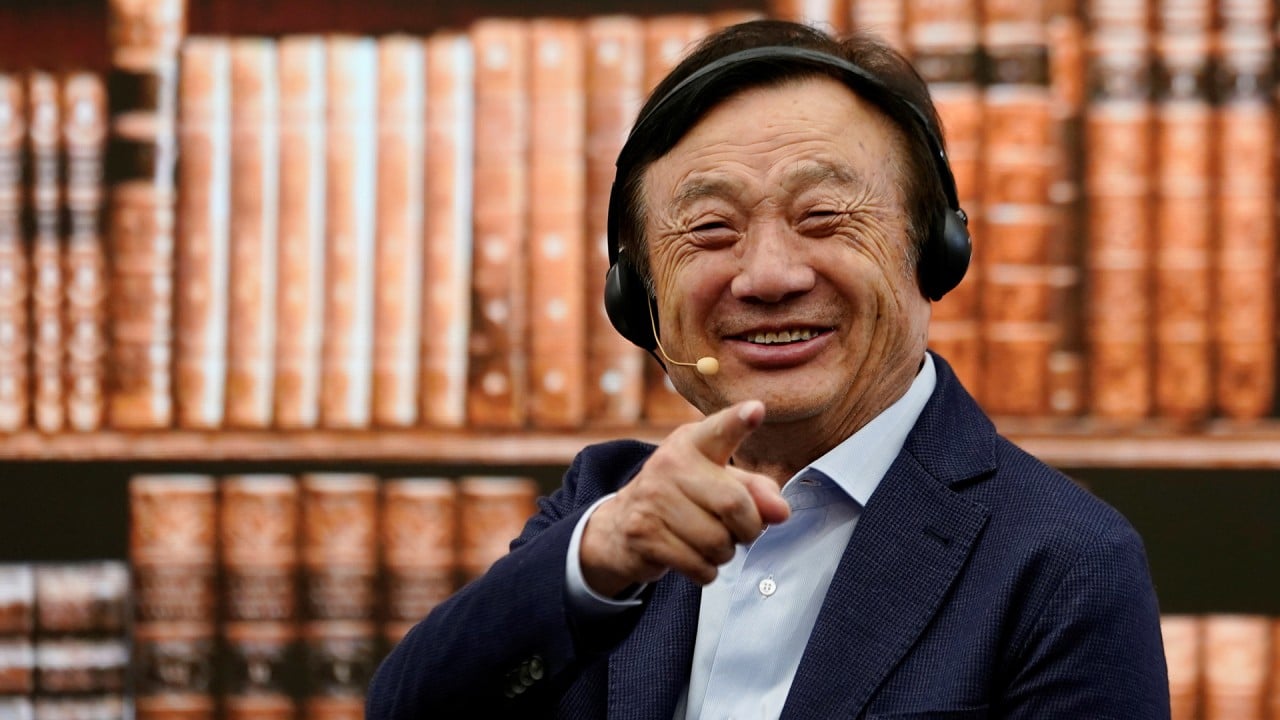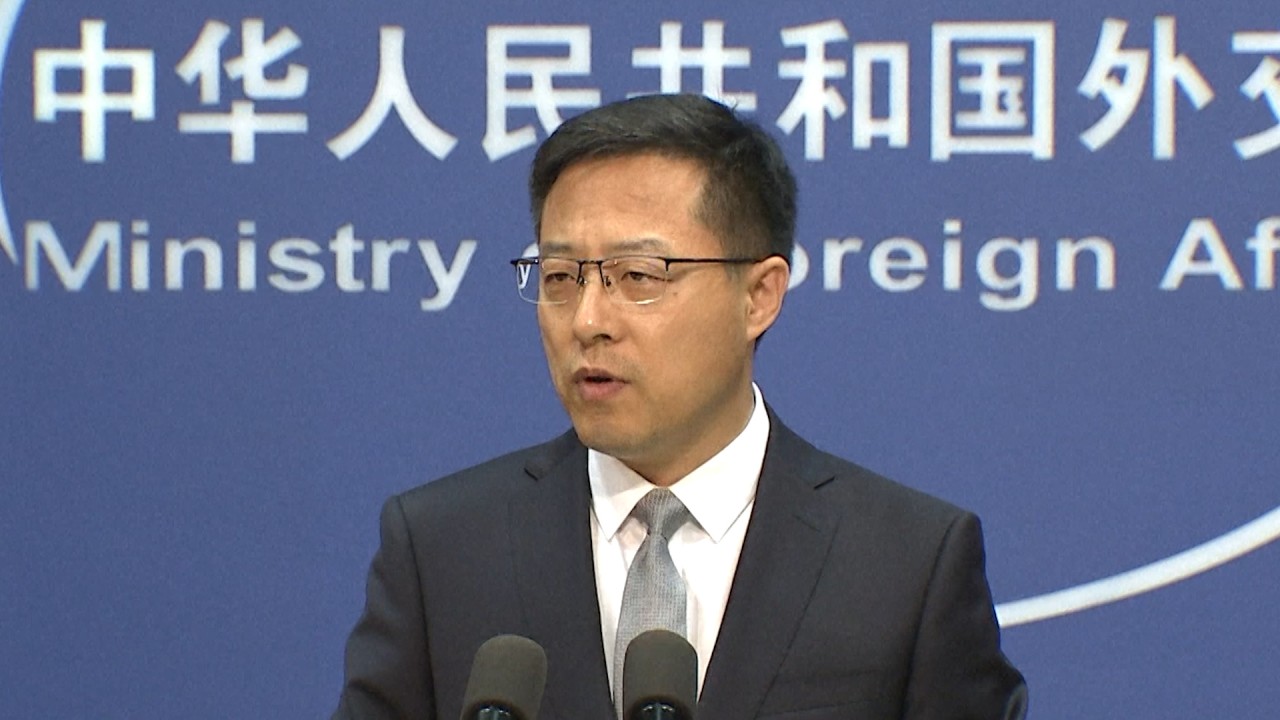
Huawei’s Meng Wanzhou is wasting court’s time with doomed extradition manoeuvres, Canada lawyer says
- Government lawyer Robert Frater calls for the ‘summary rejection’ of applications by Meng’s lawyers attacking the US record of the fraud case against her
- Meng lawyers contend the US record is so misleading the case should be thrown out, but Frater says they are trying to turn the extradition hearing into a trial
A Canadian government lawyer representing US efforts to have Huawei executive Meng Wanzhou extradited to face fraud charges has accused her lawyers of wasting “precious court time” with legal manoeuvres that are doomed to fail.
Robert Frater told Associate Chief Justice Heather Holmes of the British Columbia Supreme Court on Tuesday that she must not allow the extradition hearing to be turned into a trial, and that she should “cut off at the knee” applications by Meng’s team to have the case thrown out.
Meng's lawyers say the US record of the case is so misleading that the only remedy is to release her, and that new evidence to prove this should be admitted by Holmes.
“Extradition hearings are supposed to be expeditious processes,” said Frater, telling the judge that she had “the ability to refuse to waste precious court time on processes that have no hope of success”.

“The dominant thread of case law is for summary rejection of these kinds of motions,” Frater said.
Meng returned to court in Vancouver this week, for the first time since May, to hear her lawyers argue that American authorities misled the court in its record of the case (ROC). They want the court to admit new evidence they say will help show the unreliability of the US ROC and the Supplementary ROC (SROC).
Frater argued for the judge to reject the applications. He said that “extradition hearings are not trials”, but that Meng’s lawyers had “edged perilously close to jury addresses” in their arguments on Monday and Tuesday.
Your duty is not to let this proceeding become a trial. It is not to admit extra evidence on causality in US sanctions law … so that you can decide an issue on which, with the greatest of respect, you have no expertise.
“Your duty is not to let this proceeding become a trial,” Frater told Holmes. “It is not to admit extra evidence on causality in US sanctions law … so that you can decide an issue on which, with the greatest of respect, you have no expertise.”
He added: “We say you should stop both these applications here and now.”
Frater said affidavits filed by Meng’s team to support their claims were “garden-variety alternative inference and defence evidence that is inadmissible”. They were “an invitation to get down into the weeds of US law”.
Meng and her lawyers are excluded as extradition case moves behind closed doors
Earlier on Tuesday, Meng’s lawyer Frank Addario said that a HSBC banker who met Meng in a Hong Kong teahouse in 2013 must have left the meeting knowing that Huawei and a partner were working in Iran.
Her lawyers argue this undercuts US charges that she defrauded the bank by lying about Huawei’s Iran dealings, thus exposing the bank to the risk of breaching US sanctions on Tehran.
Addario and another lawyer for Meng, Scott Fenton, have argued this week that the unreliable and “defective” ROC from the US omitted details about the evidence against Meng. Specifically, they cited a PowerPoint presentation she gave to the HSBC banker that forms the backbone of the fraud charge.

08:55
Huawei's founder on US sanctions, 5G leadership and building trust in Europe
Fenton and Addario said the ROC omitted parts of the PowerPoint presentation in which Meng described Huawei’s business relationship with a partner called Skycom that was working in Iran – the very relationship the US claims she tried to cover up.
Meng told the banker, identified as “HSBC Witness B”, that Skycom was a Huawei partner working to sell telecommunications gear in Iran, and that the relationship was “normal and controllable business cooperation”, her lawyers have said.
On Tuesday, Addario said: “The banker would have left the meeting knowing that Huawei and Skycom were working together in Iran.”
Meng Wanzhou’s extradition hearing goes behind closed doors
Meng’s presentation put the bank “on notice”, and should have been enough for it to take any action it deemed necessary to avoid breaching US sanctions, Fenton argued on Monday.
HSBC could have vetoed transactions it deemed risky, or conducted them outside the US banking system, in a way that would not have triggered any Iran sanctions risk, he said.
Meng’s lawyers also say the ROC by the US was misleading because it claimed only “junior” HSBC employees knew of the true relationship between Huawei and Skycom. The US omitted the actual titles of HSBC staff who were aware of the relationship, including a “senior vice-president” who knew Huawei operated Skycom’s bank account.
“The junior-senior distinction is an invention of the ROC author,” said Addario on Tuesday. This “deliberately misled” readers of the ROC, he said.

01:05
China urges Canada to immediately release Huawei CFO Meng Wanzhou
In a court filing, Meng’s team had said that “the evidence that the Requesting State relies on as essential to committal [the ROC and SROC] is so unreliable or defective that it should be disregarded”. The extradition case should be thrown out, they contend.
Meng, 48, who is Huawei’s chief financial officer and a daughter of company founder Ren Zhengfei, has denied the allegations against her.
Chinese embassy lashes out at Canada over Spavor, Kovrig cases
She was arrested at Vancouver’s airport on December 1, 2018, on a stopover from Hong Kong. Her detention threw China’s relations with the US and Canada into disarray.
Within days, China arrested Canadians Michael Kovrig and Michael Spavor, charging them with espionage; their detention is widely seen in the West as hostage-taking and retaliation for Meng’s arrest.
Meng remains under partial house arrest in Vancouver, living in one of the two homes she owns here. Her extradition proceedings are scheduled to last until next year, but appeals could drag out the process much longer.
The hearing was adjourned until Wednesday.

